In prehistoric times, people in Europe subsisted primarily on raw plant matter, wild vegetables, and fruit. With the advent of hunting and fishing, meat, fish, and seafood enriched the diet. Methods such as curing, smoking, and drying helped preserve food and store it for lean times. Only in modern times have many methods for preserving food been developed, including pasteurization. Pasteurization is the most common method for preserving foods such as dairy products and beverages.
What happens during this process? And what are the advantages and disadvantages of pasteurization? How does pasteurization affect kombucha? You'll find the answers to these questions in this article.

These methods preserve food
Pasteurize
The simplest method to extend the shelf life of food is heat treatment. This kills harmful microorganisms or pathogenic bacteria, such as salmonella. This gently preserves products. However, pasteurized foods do not have an unlimited shelf life, as they are not germ-free, but only low in germs. This method extends shelf life but also deprives the food of nutrients that we need for our health.
During pasteurization, the food is heated for a short time (from a few seconds to a few minutes) to a temperature of at least 60°C. The core temperature of the pasteurization process varies depending on the process, but never reaches 100°C. The pasteurization process was named after its developer, the French chemist Louis Pasteur. In the mid-19th century, he discovered that brief heating could render germs harmless, thus extending food's shelf life.
For example, many cheeses are made from pasteurized milk; others from raw milk.
Sterilization and ultra-high temperature treatment
Heating above 100°C is sterilization. After this heat treatment, food can be stored for significantly longer periods. However, this method results in a loss of flavor and nutrients . The difference between "ultra-heat treated" and "sterilized" milk lies in the heating process and thus also in the minimum shelf life of unopened packages.
Ultra-high-temperature-treated milk, also known as UHT milk, is briefly heated to at least 135°C and bottled in a sterile container. It has a shelf life of at least six to eight weeks when sealed.
Sterilized milk is heated to approximately 110°C for 20 to 30 minutes. It can be stored for up to one year when sealed. This process is used much less frequently because the loss of vitamins is significantly greater than with UHT milk. It also tastes inferior to UHT milk. Sterilized milk is not labeled. You can only assume it has been sterilized based on the long shelf life of pasteurized milk.
Homogenize
Homogenization reduces the size of particles of different sizes in a liquid , making them easier to combine. For example, homogenization prevents a layer of cream from forming on top of the milk. In this process, the milk is forced through a fine nozzle at high pressure. The milkfat breaks down into tiny globules and is distributed homogeneously (evenly) throughout the milk liquid . Homogenization is often used in combination with pasteurization, sterilization, or ultra-high temperature treatment.

Ferment
Fermentation is a biological method for preserving food. Another benefit of the fermentation process is the formation of probiotics, healthy yeasts, and acids, as well as many other nutrients.
About one-third of our food is produced through fermentation . This includes, for example , bread, fermented milk, meat, and pickled vegetable products such as sauerkraut or kimchi, kombucha, and alcoholic beverages such as beer and spirits . The benefits of fermentation include the formation of aromas and flavors, the breakdown of harmful substances, and an extension of shelf life. The principle: Organic substances are converted into acids, gases, or alcohol. Enzymes inherent in the raw materials and microorganisms—such as bacteria or yeast—are used for this process.
Which foods are pasteurized?
Pasteurization is suitable for liquid foods. This process is most well-known for milk and dairy products . However , liquid eggs, fruit and vegetable juices, canned fruit, and prepared foods are also subjected to this type of heat treatment. Pasteurization is often combined with other preservation methods. In beverages, for example, this is achieved by lowering the pH value and using airtight packaging that protects against light. As long as the packaging is not opened, additional refrigeration is not necessary. Examples of this include fruit and vegetable juices or other beverages, such as lemonade or kombucha .
Pasteurized Kombucha vs. Raw Kombucha
There is a significant difference in the production of kombucha. Some producers use the pasteurization process to extend the shelf life of the kombucha . This involves exposing the kombucha to high temperatures, which kills the healthy microorganisms in the kombucha culture. This deprives the kombucha of its healthy probiotic properties.
In contrast , raw kombucha is made without pasteurization. Instead, only SCOBY particles are filtered out of the finished kombucha to slow down further fermentation. The shelf life of raw kombucha is significantly shorter, but it remains alive and contains the valuable microorganisms that ensure its healthy effects.
To avoid the problem of pasteurization and ensure that the kombucha you drink is alive and contains valuable microorganisms, simply make it yourself .
Conclusion: Pasteurization is largely unnecessary for a healthy diet . With today's transport system, it is possible to buy and eat most foods fresh. 90 to 99 percent of the microorganisms are killed. As described in several articles before this one, many strains of bacteria are essential for our intestinal health and therefore for our immune system. Unpasteurized kombucha gives us these bacteria and many other nutrients. However, I don't want to demonize pasteurization. After all, it allows us to enjoy and store foods in moderation that may not provide us with all our nutrients, but are still something good for the soul.
Sound Health!
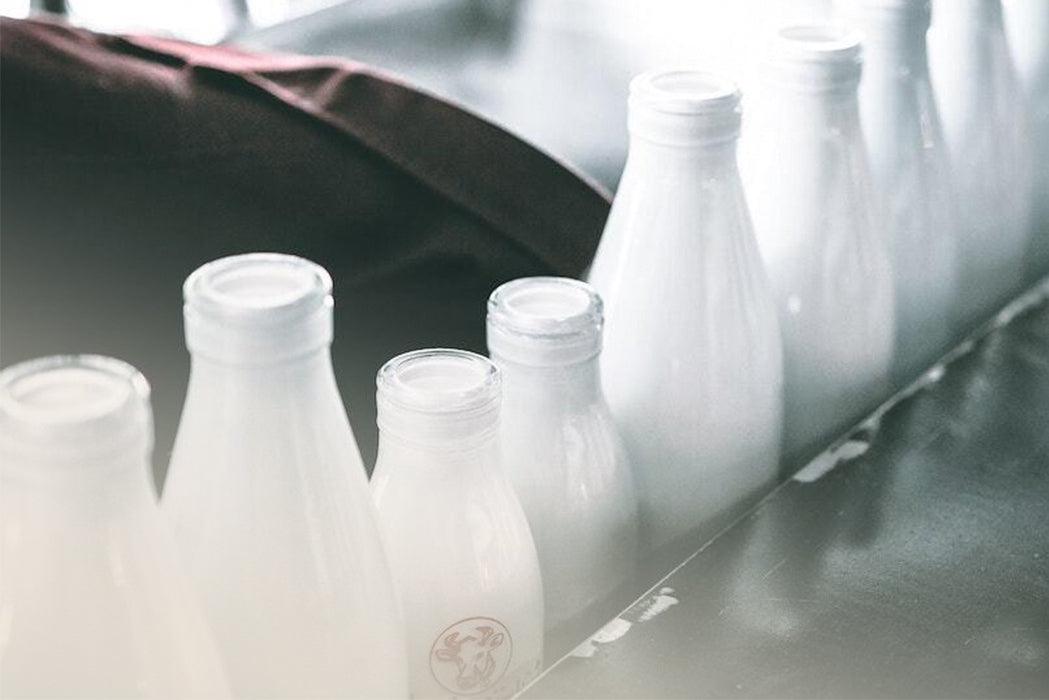
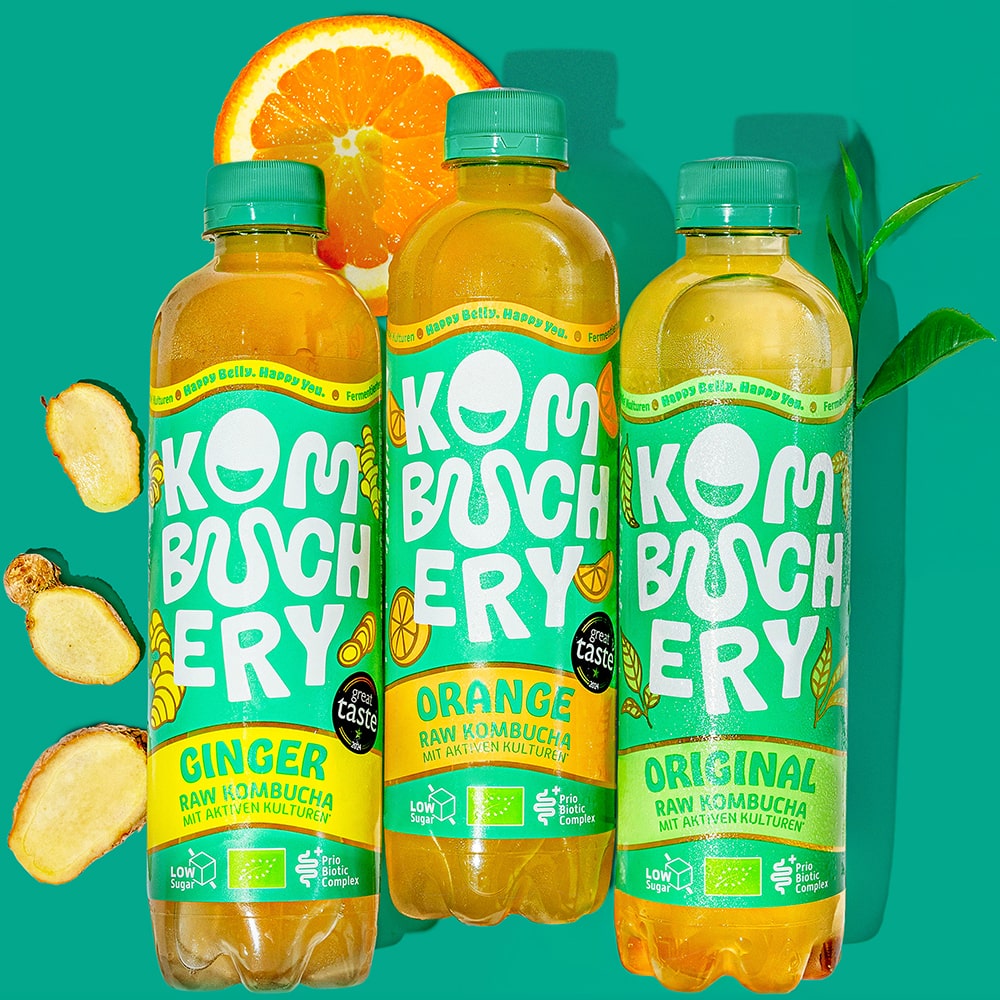
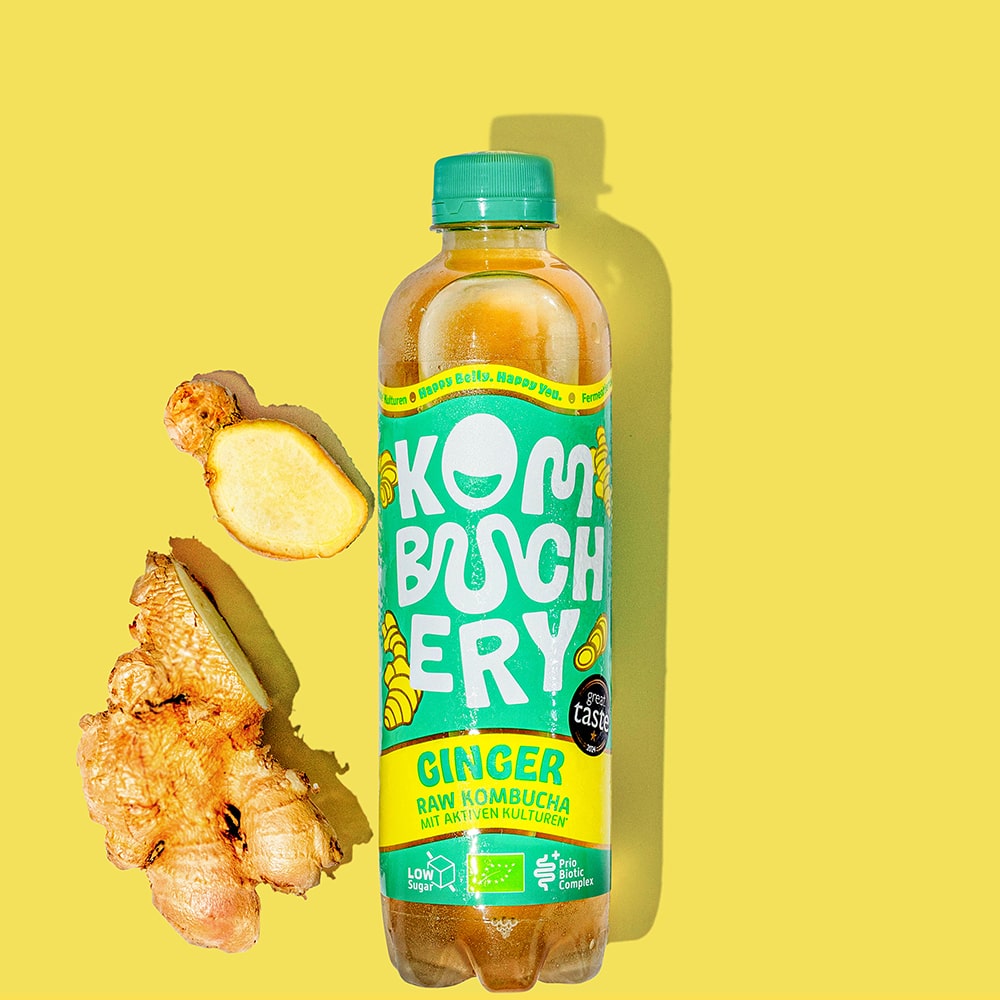
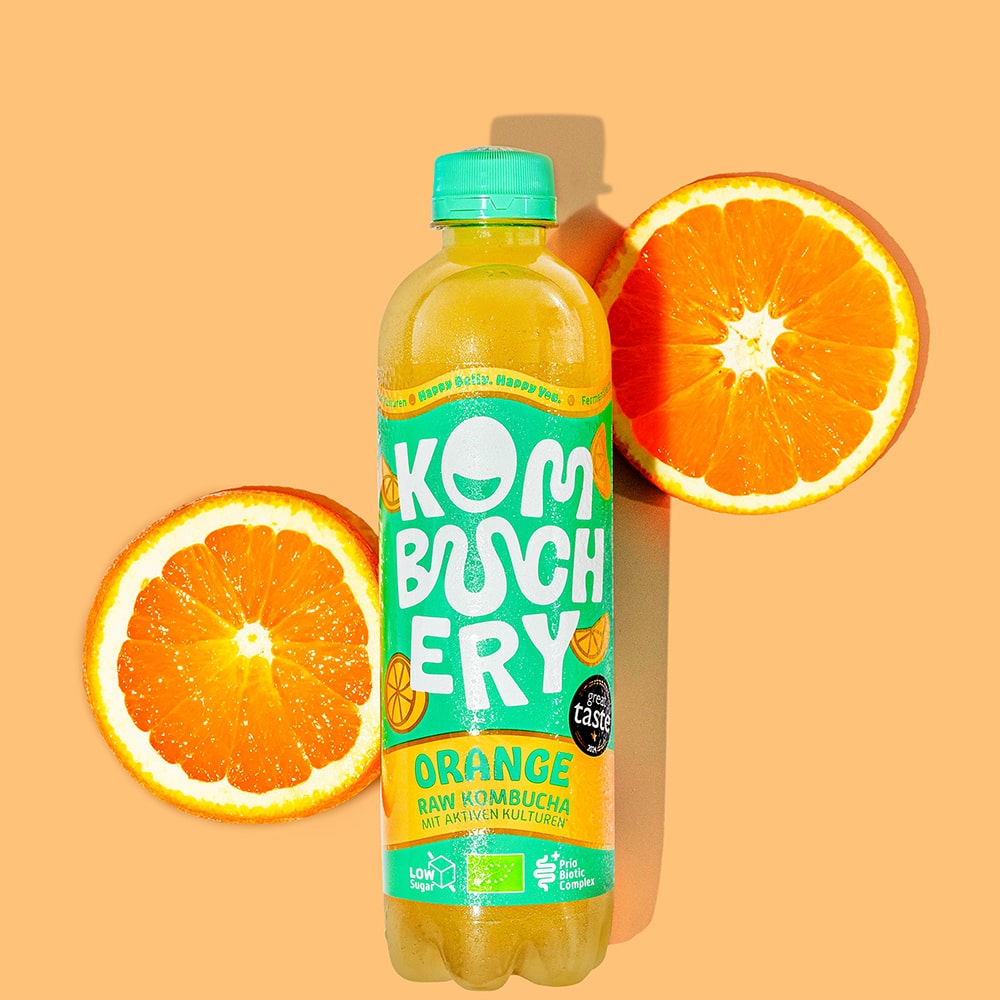
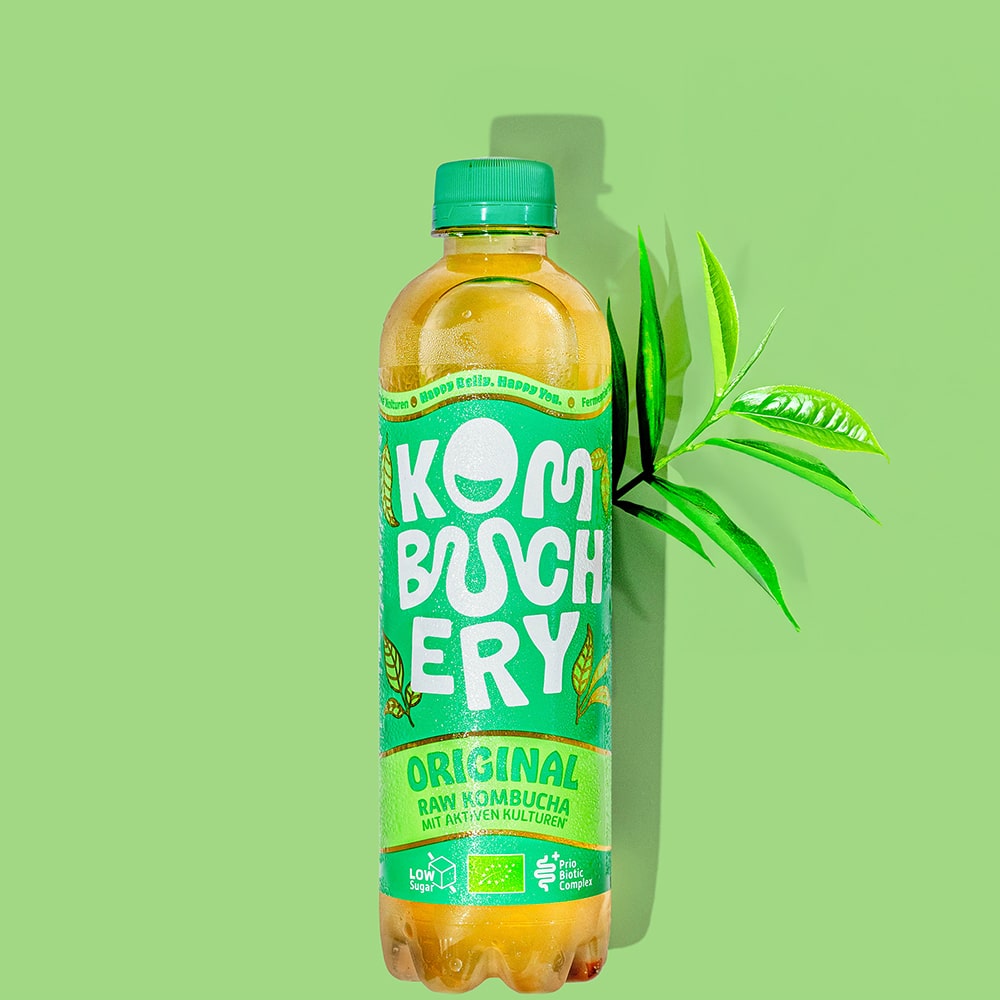
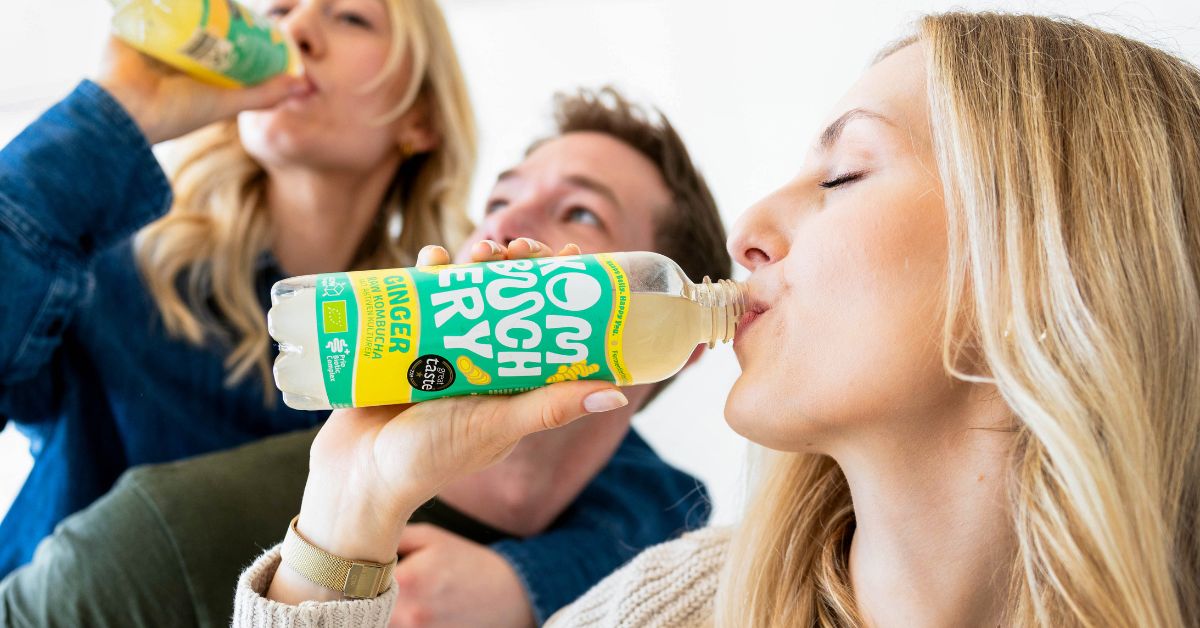
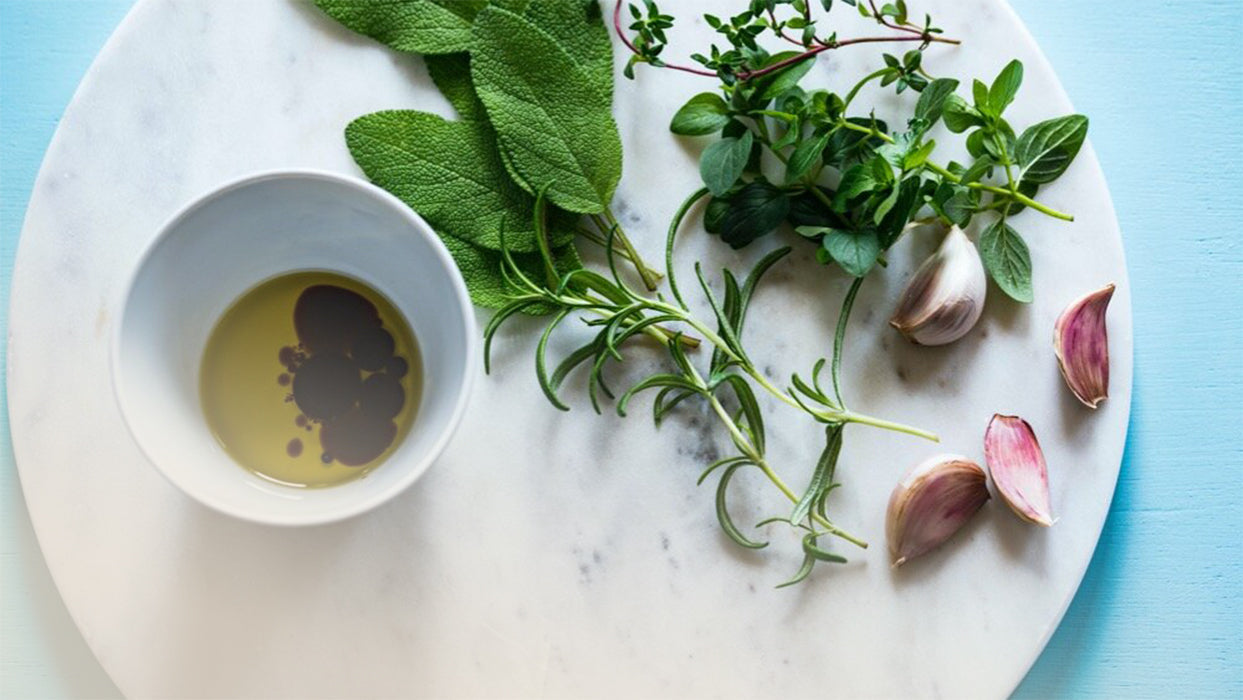


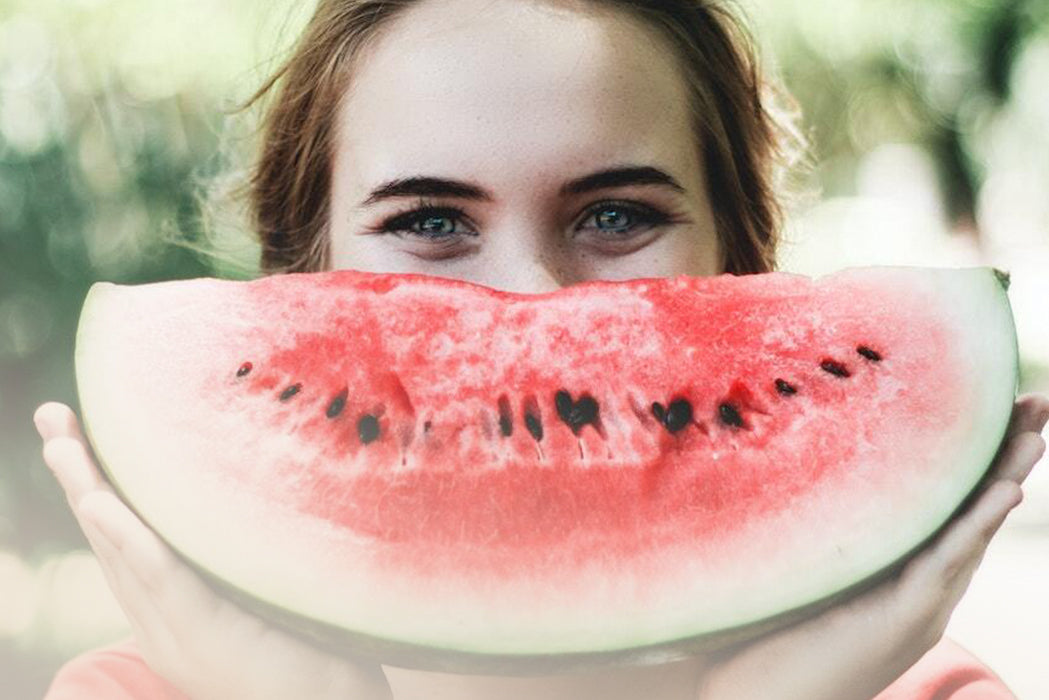
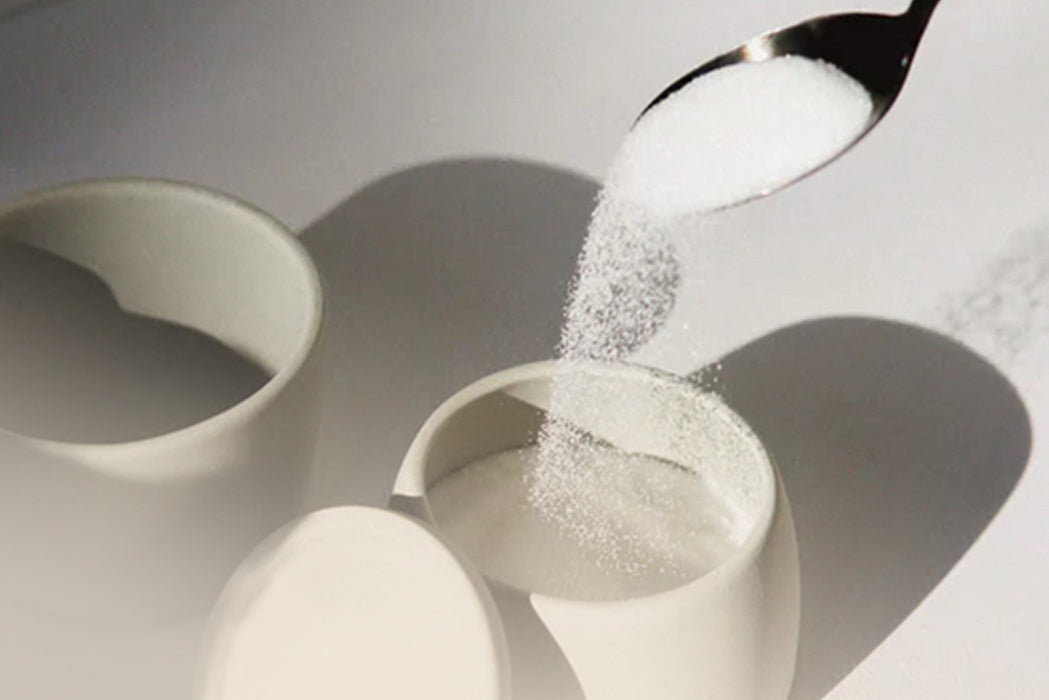
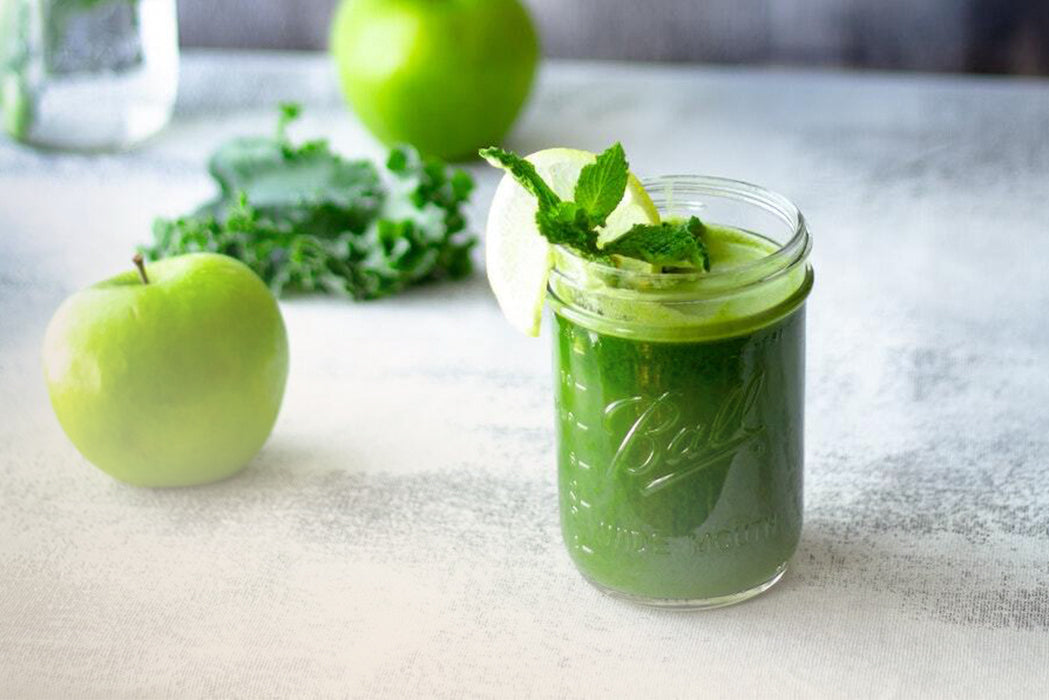
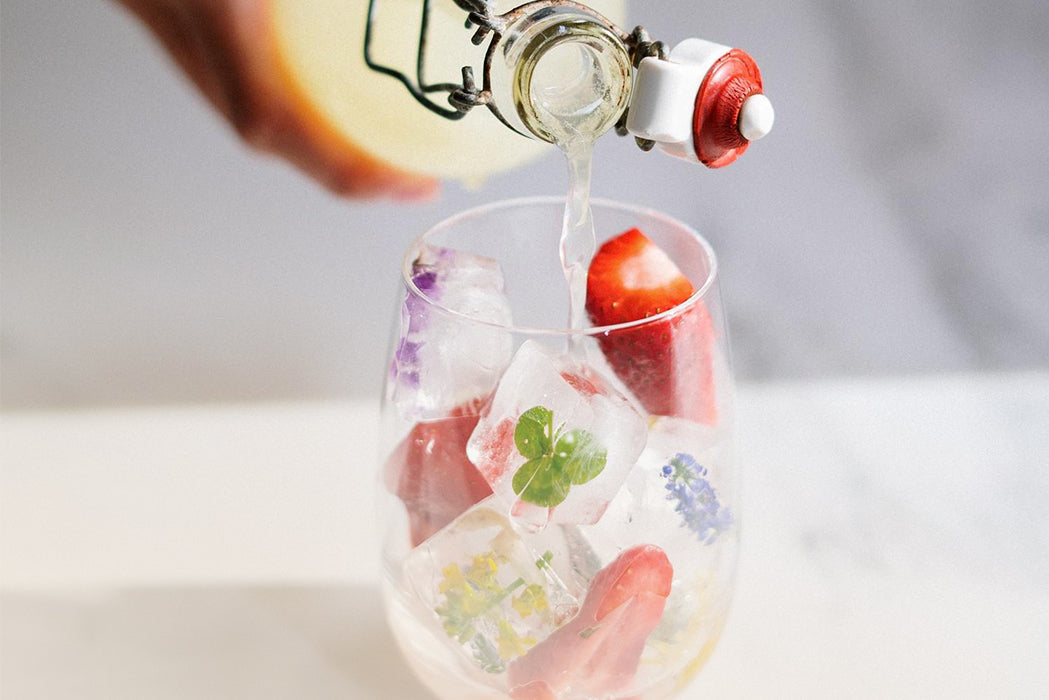
Split:
2 comments
Hallo liebe Malena, unser Kombucha ist immer roh und unpasteurisiert – also mit aktiven Mikroorganismen & Nährstoffen.
Hallo,
vielen Dank für den informativen Artikel.
Ist euer kombucha-Getränk nun pasteurisiert oder nicht? Oder nur gefiltert?
Danke vorab für die Antwort!